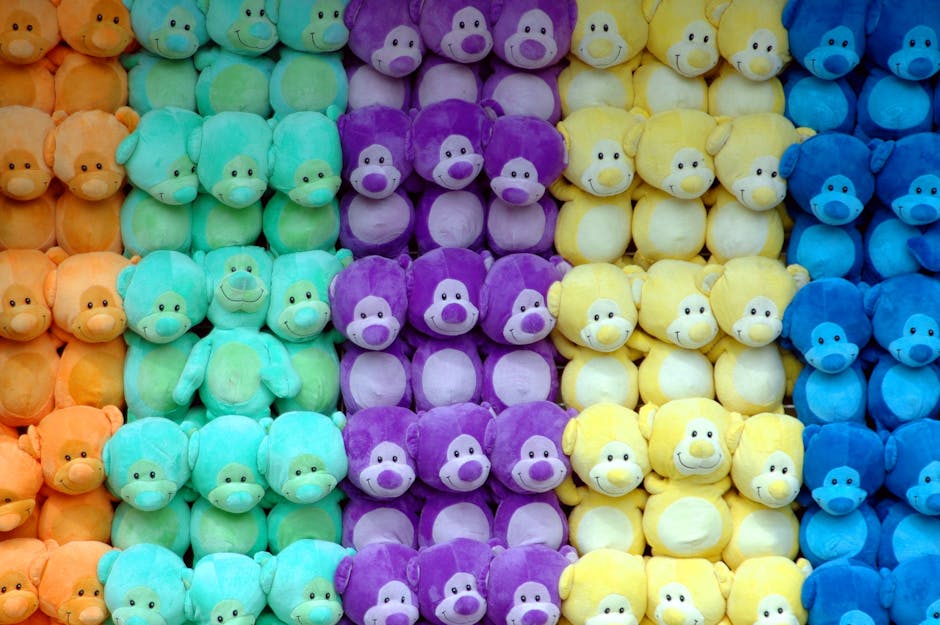From the moment a child is born, toys and games play a pivotal role in their development. These seemingly simple objects provide countless opportunities for learning, growth, and fun. In this blog post, we will delve into the profound impact that toys and games have on children's physical, cognitive, social, and emotional well-being.
**Physical Development**
Toys and games encourage physical activity and coordination. Toddlers and preschoolers love to crawl, climb, and jump on playmats and trampolines. These activities strengthen their muscles, improve their balance, and enhance their motor skills. Building blocks, puzzles, and construction toys also foster fine motor development, as children manipulate small pieces and develop dexterity.
**Cognitive Development**
Toys and games stimulate cognitive processes such as problem-solving, creativity, and memory. Educational toys, such as shape sorters and counting blocks, introduce concepts of shape, size, and number. Pretend play with dolls, kitchen sets, and toy cars encourages imagination and storytelling, fostering language development and social skills.
**Social Development**
Toys and games provide a shared space for children to interact with others. Board games, card games, and cooperative play activities promote turn-taking, communication, and teamwork. Children learn to negotiate, resolve conflicts, and develop empathy through social play.
**Emotional Development**
Toys and games can help children express their emotions in healthy ways. Stuffed animals and dolls provide comfort and security, especially during times of stress or anxiety. Imaginative play allows children to explore their feelings and develop coping mechanisms.
**Personal Experience: The Power of Play**
As a child, I vividly remember the joy and wonder I experienced playing with toys. My favorite toy was a red wooden train set that my father and I built together. We spent hours creating elaborate tracks and watching the train chug around the room. This experience not only brought us closer as father and son but also fostered my imagination, problem-solving skills, and love of building.
**Choosing Age-Appropriate Toys**
When selecting toys for children, it is essential to consider their age and developmental stage. Young children benefit from toys that encourage sensory exploration, such as rattles and teethers. As they grow, toys that promote physical activity, cognitive development, and social interaction become more appropriate.
**The Importance of Play**
Play is an essential part of childhood. It provides children with opportunities to learn, grow, and develop their unique abilities. Toys and games are powerful tools that facilitate play and enhance children's overall well-being. By understanding the profound impact that toys and games have on children, we can create environments that foster their development and nurture their potential.
